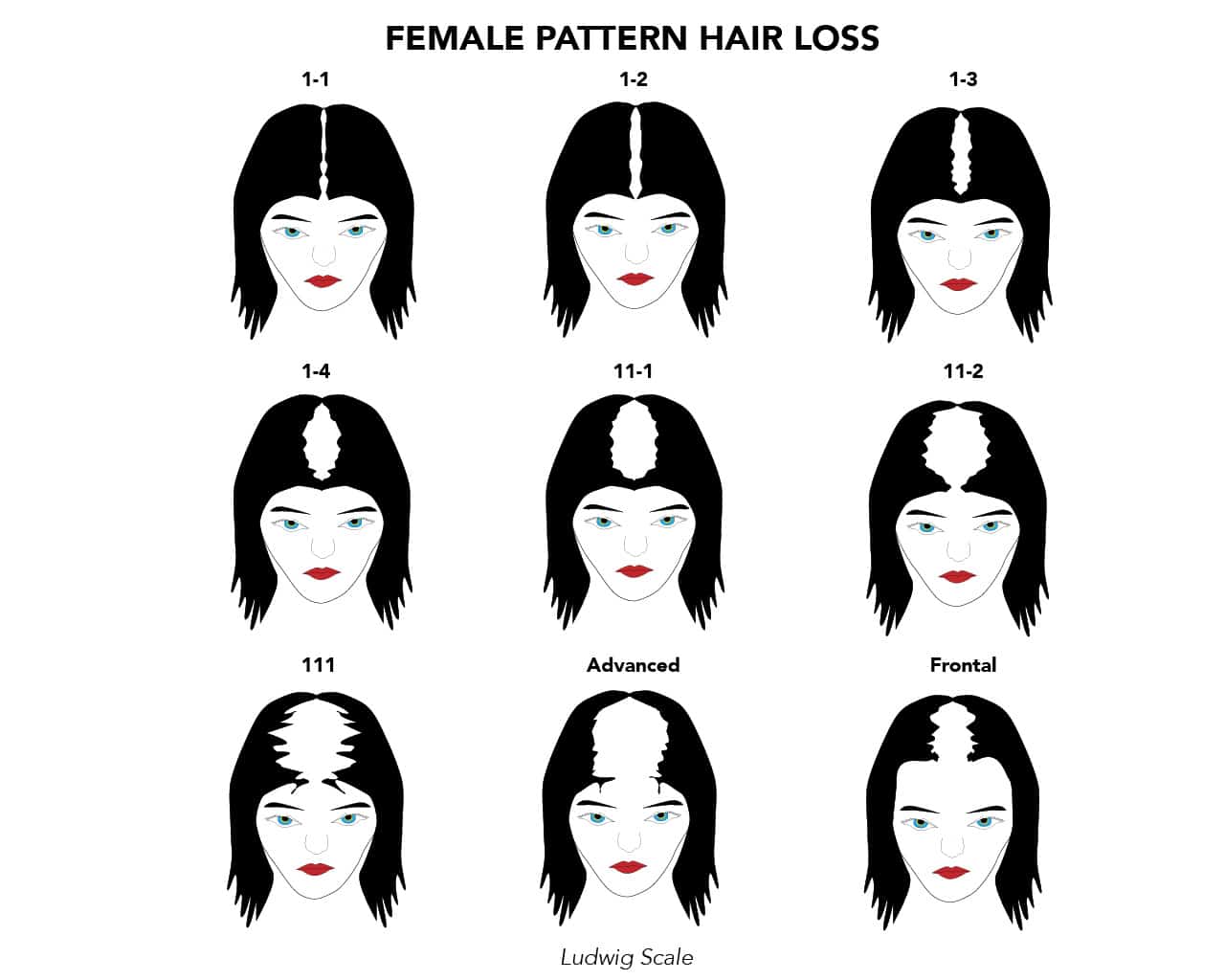News Blast: Your Daily Update
Stay informed with the latest news and trends.
Hair Today, Gone Tomorrow: The Surprising Truth About Hair Loss
Discover the shocking reasons behind hair loss and learn what really works to reclaim your confidence and luscious locks!
Understanding the Causes of Hair Loss: What You Need to Know
Understanding the causes of hair loss is essential for anyone experiencing this common issue. There are several factors that can contribute to this condition, ranging from genetics to lifestyle choices. Androgenetic alopecia, commonly known as male or female pattern baldness, is one of the most prevalent hereditary conditions. In addition to genetics, hormonal changes, medical conditions like thyroid disorders, and nutritional deficiencies can also play significant roles in hair thinning and loss.
Furthermore, external factors such as stress, poor hair care practices, and environmental pollutants may exacerbate hair loss. Emotional or physical stress can lead to a type of hair loss known as telogen effluvium, where hair follicles prematurely enter the shedding phase. To better understand your situation, it is important to consult with a healthcare professional who can help identify the underlying causes and recommend appropriate treatments. By addressing these factors early, you can take proactive steps to potentially mitigate the effects of hair loss.

Top Treatments for Hair Loss: Which Ones Really Work?
Hair loss affects millions of people worldwide, leading to a search for effective solutions. Top treatments for hair loss typically include options such as minoxidil, finasteride, and platelets-rich plasma (PRP) therapy. Minoxidil, an over-the-counter topical treatment, works by stimulating hair follicles and promoting growth, while finasteride, a prescription oral medication, helps reduce testosterone levels that can contribute to hair loss. PRP therapy, on the other hand, involves drawing a small amount of your blood, processing it to enrich for platelets, and injecting it into the scalp to encourage hair regeneration. Each of these methodologies comes with its own set of benefits and potential side effects, making it crucial for individuals to consult with a healthcare professional to find the right fit.
Aside from pharmaceutical options, several natural treatments have gained popularity, though their effectiveness is often debated. Essential oils, such as rosemary and peppermint, are hailed for their ability to stimulate circulation and promote hair growth when massaged into the scalp. Another option is a balanced diet rich in vitamins and minerals, particularly those known to support hair health, like biotin, zinc, and iron. While these treatments can complement other medical interventions, it's important to set realistic expectations as results can vary. Ultimately, identifying the most suitable treatment for hair loss hinges on understanding the underlying causes and individual response to different therapies.
Is Hair Loss Inevitable? Debunking Myths and Facts
Hair loss is a common concern for many, leading to a myriad of myths about its inevitable nature. One prevalent myth suggests that going bald is predetermined by genetics, implying that if your parents lost their hair, you will too. However, this is an oversimplification. While genetics certainly play a role, environmental factors, lifestyle choices, and overall health significantly influence hair loss as well. Understanding these variables can help debunk the myth that hair loss is unavoidable.
Another common misconception is that hair loss primarily affects older individuals, but in reality, it can start at any age. Factors such as stress, hormonal changes, and nutritional deficiencies can lead to early onset hair thinning. It's important to recognize that while age may amplify the problem, preventive measures can be taken at any stage of life. By addressing stress management, maintaining a balanced diet, and consulting healthcare professionals, individuals can often mitigate the effects of hair loss, proving that it is not an inevitable fate.